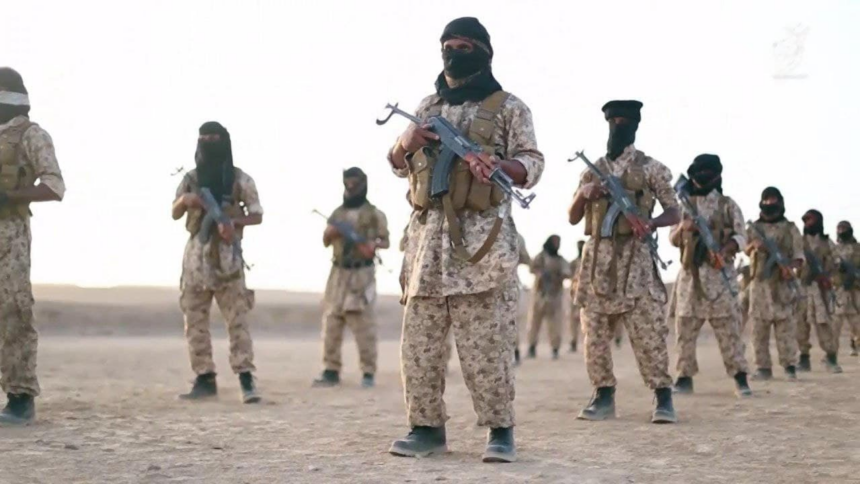RASC News Agency: According to “The Telegraph”, al-Qaeda has established nine training camps and ammunition depots in Panjshir province, an area that has long resisted external control. The opposition groups, notably the National Resistance Front and the Freedom Front, have not independently verified these claims. However, the article emphasizes that even during al-Qaeda’s peak before the September 11 attacks, the group was unable to create such infrastructure in the region. Since the Taliban’s return to power, both these military factions have engaged in skirmishes against Taliban forces across Afghanistan, resulting in significant casualties on both sides.
The report highlights that the U.S. military withdrawal and the Taliban’s resurgence have bolstered both al-Qaeda and ISIS within Afghanistan’s borders. According to “The Telegraph”, influential figures within the Taliban regime actively provide sanctuary and support to al-Qaeda. Notably, Ayman al-Zawahiri, the former leader of al-Qaeda who was killed in a U.S. drone strike in 2022, was residing in a Kabul home linked to the Haqqani network, a key faction of the Taliban.
The article also focuses on the resurgence of ISIS fighters, who are regrouping across diverse regions, from Afghanistan’s Panjshir to the remote stretches of the African desert and the fertile plains of the Euphrates. While U.S. military access to these zones has diminished, ISIS continues to expand. The report underscores the Taliban’s inability to control Afghanistan’s borders, allowing foreign fighters to join ISIS and expanding the group’s geographic reach and ambitions. ISIS-K’s transnational attacks have further exacerbated global concerns. These include an attack on a concert hall in the suburbs of Moscow and another in Iran last year, both described by “The Telegraph” as cross-border operations launched from the group’s newly gained territories.
Ken McCallum, the Director-General of MI5, has also sounded alarms about the resurgence of ISIS. He described the renewed threat as a “difficult task” for the intelligence agency, especially as Iran and Russia also engage in covert operations to destabilize Britain. McCallum noted, “ISIS is no longer the force it was a decade ago, but it has made significant efforts to re-export terrorism after years of retreat.” The “Telegraph” concludes by emphasizing that, while ISIS-K has attracted the most global attention, its revival in its traditional strongholds in Syria and Iraq has also raised significant concerns among U.S. intelligence and military officials.






